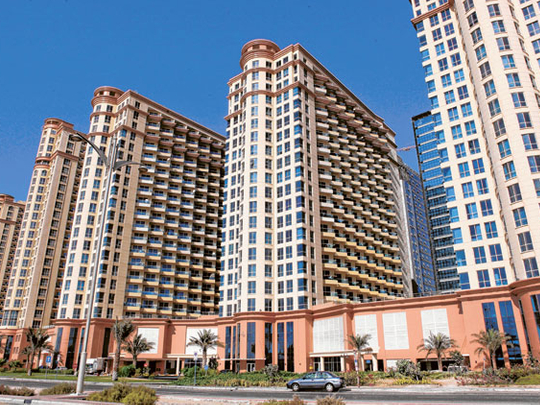
Dubai: Dubai and Abu Dhabi continue to outpace the competition as destinations offering white-collar workers and professionals the highest quality of life across the Middle East and Africa. This is despite the conflicts and regime changes that have been going on in their immediate neighbourhoods since the start of the year.
Dubai and Abu Dhabi secured the 74th and 78th spots in the corresponding global rankings of cities in the annual survey conducted by the consultancy Mercer. European cities led the way with Vienna and Zurich taking the first two spots, while Auckland was placed third.
Canadian cities Vancouver, Ottawa, Toronto and Montreal occupied the first four rankings for the Americas, with Honolulu in fifth place.
Australian cities on top
But in Australia the sentiments were in complete contrast, and propelled its cities to the top in the Asia-Pacific region. The data for the new rankings was collected between September and November and updated to take into account the changing circumstances, said a statement by Mercer. The assessments are revised in the context of significant political, econ-omic and environmental developments.
"In 2011, the world continued to experience instability due to the enduring economic crisis," according to a statement by Mercer.
"Economic uncertainty helped provoke social and political unrest of varying degrees in many urban areas.
"Protests and strikes in numerous North American and Western European cities have been largely peaceful. But violence — and, in places, civil war — has broken out in other regions, endangering the safety of both locals and expatriates."
This is a sentiment that will be repeated as professionals weigh their overseas employment options and postings in an uncertain political and financial environment globally. Cities and countries that are untouched by social and political upheaval will have an advantage.
The Mercer report reckons as much. "Those cities and countries that have escaped the brunt of social unrest and economic downturn have been able to continue investing in urban infrastructure and other provisions for comfortable and enjoyable daily living to improve the quality of living for their residents," the report said.
"If economic and political instability remains a global factor, cities in parts of the Asia-Pacific and Western Europe, as well as in Canada, will continue to benefit from their relative stability and wealth of public services and recreational provisions, becoming more attractive destinations for expatriate employees."
And companies wishing to hire the right skills from abroad will have to pay more. In a survey released in June, Mercer found that executive salaries were to rise by an average of 5.7 per cent in the Middle East and by 8.2 per cent in Africa.
"Qatari executives received the lowest pay rises in the Middle East (of four per cent), followed by executives in Kuwait (4.5 per cent), Saudi Arabia (five per cent) and the UAE (five per cent)," the report said.
Executives in Bahrain received the highest pay rises in the Middle East with hikes of six per cent, the report said.
Bahrain's scenario
Bahrain's corporate sector is still dealing with the uncertainties imposed by the brief period of social unrest earlier in the year. The higher pay and compensation packages that Mercer is projecting could be a natural corollary to those events.
As such, the average increase for the Middle East projected by Mercer remains far higher than those received by executives in Western Europe.
Safest City
The newly released findings by Mercer also ranked global cities in terms of the safety they offered individuals. Within the Middle East and Africa, Abu Dhabi came in tops, with Muscat and Dubai in the second and third positions.
In fact, the three cities figure prominently in the global rankings, their positions being between the 23rd and 39th positions.
Luxembourg had the distinction of being viewed the safest city, while Baghdad had the sorry status of being the last in both individual safety as well as being the city least likely to offer an optimum quality of life for professionals.











